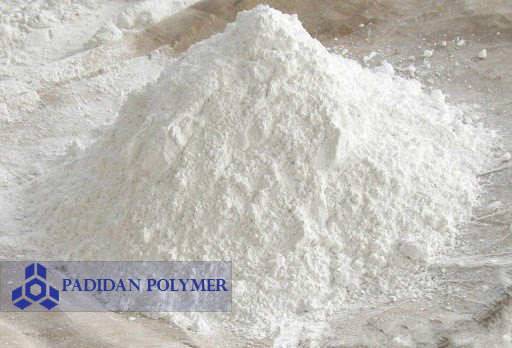Polymer additives
Polymer additives are one of the important factors in chemical and polymer industries that are used to improve the properties of polymers. These additives can be natural or synthesized and improve the physical, chemical and mechanical properties of polymers. In this article, we examine the types of polymer additives and their applications in different industries.
Types of polymer additives
Polymer additives can be natural or synthesized. Natural additives include materials such as carbonates and oxides that are naturally occurring or extracted from natural sources. Synthesized additives also include substances such as antioxidants, pigments and anti-UV substances that are produced by chemical processes.
The use of polymer additives is common in various industries such as food industry, pharmaceutical industry, cosmetic industry, clothing industry and packaging industry. These additives are used as modifying, coloring, protective, anti-oxidant, anti-microbial, anti-UV agents, etc. in various products.
For example, in the cosmetics industry, polymer additives are used as anti-, protective and antimicrobial substances in the production of lotions, anti-wrinkle creams, etc.
Due to the wide variety and applications of polymer additives, they are very important in various industries and guarantee the improvement of the quality and characteristics of the final products.
Applications of polymer additives in different industries
Polymer additives are used in various industries such as plastic industries, automotive industries, food industries and pharmaceutical industries. In the plastic industry, polymer additives are used to improve the mechanical and visual properties of polymers. In the automotive industry, additives are used to strengthen the lightness and strength of plastic parts. In the food industry, additives are used to increase the shelf life and safety of food products. In the pharmaceutical industry, additives are used to produce compressed and liquid drugs.
The use of additives in various industries is known as a cheap and effective way to improve the properties of products. These additives can act as strengthening agents, antioxidants, antibacterial, waterproof, anti-heat, anti-freeze, anti-static, etc.
For example, additives can be used as reinforcing agents in fiber-reinforced plastics to increase the strength and stiffness of the product. Also, antibacterial polymer additives can be used in the packaging of food products to improve their shelf life and safety.
In general, additives play an important role in improving the quality and performance of products in various industries and are valuable as an economical and efficient solution to improve the properties of known products.


The effect of polymer additives on the properties of polymers
Additives can affect the physical, chemical and mechanical properties of polymers. For example, antioxidant additives can protect polymers against oxidation and corrosion. Also, pigment additives can add to the visual properties of polymers and make them colorful.
Also, softening additives can help the flexibility and vibration of polymers, while strengthening additives can increase their mechanical and thermal resistance. Fire retardant additives can also protect polymers against fire and increase their safety.
In general, additives can improve the various capabilities of polymers and make them suitable for different applications. These additives are usually added to polymers in liquid or powder form and can add special properties to polymer compounds.
Considering the importance of additives in improving the properties of polymers, more research is done in this field so that polymers with improved properties can be used for different applications.
Production processes of polymer additives
Additives are usually produced by chemical processes. These processes include various chemical reactions such as esterification, polymerization and copolymerization. Also, new technologies such as nanotechnology and biotechnology can be used to produce additives.
Nanotechnology allows us to produce additives with unique and improved properties. On the other hand, biotechnology allows us to use natural and biological materials to produce additives that are most effective and are also environmentally friendly.
Additives are used in various industries such as food, pharmaceutical, medical, automotive and construction industries. These additives can improve the physical, mechanical and chemical properties of products and improve their performance.
In general, polymer additives improve product performance and reduce production costs, thereby improving the polymer market.


Challenges and recent developments in the field of polymer additives
The use of additives, like any other technology, faces challenges and problems. With recent advances in the field of additives, more efforts have been made to find suitable solutions to these challenges.
One of the basic challenges in this field is choosing the right additives for each type of polymer. Additives are mostly used to improve the physical, chemical and mechanical properties of polymers. Choosing the wrong additives can lead to undesirable changes in polymer properties and even damage to the final product.
As technology advances, add-ons come with more features and better performance. Recent advances in this field include increased flexibility, heat resistance, shock and impact resistance, and improved electrical and thermal properties.
Since polymer additives are used in various industries including automotive, electronics, medicine, and packaging industries, recent developments in this field can have a significant impact on improving the quality and performance of products.
Conclusion:
Considering the importance of polymer additives in improving the characteristics of polymers and their wide applications in various industries, continuing research and development of this technology can help the progress of chemical and polymer industries. We hope that with the development of this field, an improvement in the performance and efficiency of polymer products will be achieved and the environment will be greatly helped. Pedan Plimer is waiting for your call.
